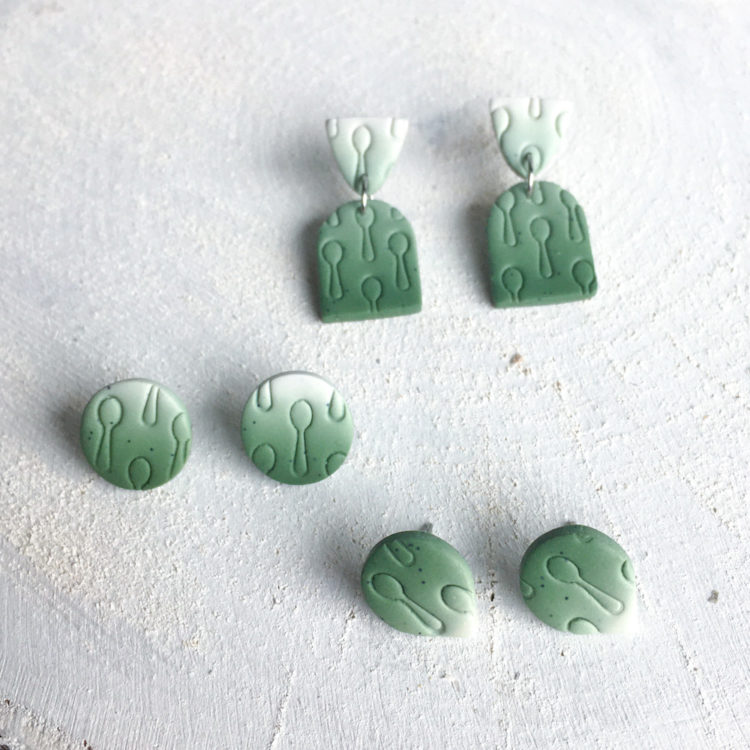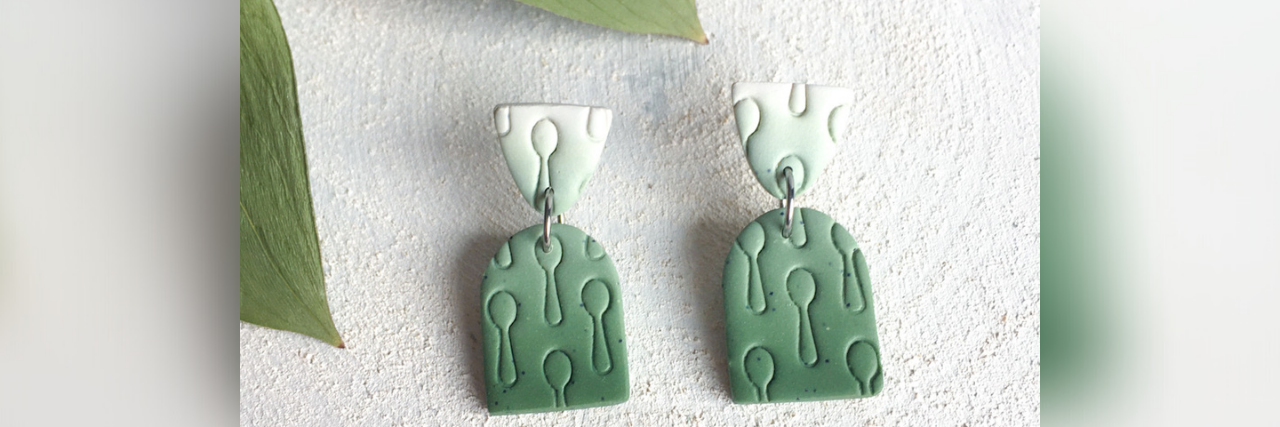Spoon theory is a well-known concept for people struggling with a chronic illness. In short, it visualizes the amount of energy someone has in a day as a number of spoons. Every activity costs one or more spoons.
When you’re healthy, spoons are pretty much unlimited — but when you are sick, spoons are scarce and every choice you make is also a choice to not do something else.
Spoon theory is a simple way to explain what it’s like to live with a severe energy limitation. It has helped me communicate to loved ones how my daily reality has changed.
Living as a spoonie has had five key impacts on my daily life:
1. Constant Decision-Making
With spoons being a scarce resource, everything I do in a day is a choice. On the worst days, it can be a choice between showering and being able to make breakfast. Nothing is self-evident. I constantly have to evaluate how I am feeling and if I can manage doing something or need to rest.
2. Anxiety Over Not Having Enough Spoons
If I run out of energy, every step starts to eat away at reserves I do not have. I have this constant fear of reaching my limit in the middle of an activity and overexerting myself.
In addition, I have to be very mindful to save spoons for activities I have to do later in the day or in the week. Not knowing how many spoons I have, how many I will need later and how my body is coping is stressful.
My mind can go into overdrive trying to analyze these things. This also makes unplanned things that come up very stressful.
“When you are sick, spoons are scarce and every choice you make is also a choice to not do something else.”
3. Becoming “High Maintenance”
I constantly have to say no and miss out on things. Most activities will cost me spoons I do not have. If I do decide to go somewhere, I have to do a lot of planning to make arrangements so that it stays manageable. That means added work for me, but also a lot of patience, understanding and adjustments for my friends and family.
These decisions are really difficult and are rarely a question of whether I want to go, but if I can go without it straining my health too much.

4. Letting Go of Efficiency
One of the struggles I have had since becoming a spoonie is having to turn off my efficient and practical side. If I have to go to the doctor, it is tempting to stop by the supermarket on the way back. But one errand usually takes most/all of my energy for the day, so it’s not realistic to go anywhere else, even if it is super close. ⠀
⠀
I have to stop myself every time I think to myself “Since I’m there anyway I’ll go to…” or “That’s handy, then I can stop by…” I still do it sometimes and usually come to regret it after. Old habits die hard!
5. Dealing With Uncertainty
One of the key things I have had to learn as a spoonie is that while the metaphor suggests simplicity and predictability, the opposite is actually true.
I can run out of spoons right at the start of my day, even though I haven’t done anything. There isn’t any tangible logic in my fatigue, and it often springs on me without warning or a clear cause.
I can plan, I can take it easy for days so I have energy saved for a special occasion — but none of this guarantees I will have enough spoons.
Getting a chronic illness changed my daily life enormously. I have to consciously work to keep anxiety over my constant spoon shortage at bay and try to enjoy what I can do. Framing this within spoon theory helps others understand what I go through on a daily basis, which is why I am so grateful that the concept of spoonies exists!
One thing is for sure: as a spoonie, you become more aware of what is really worth your energy.
Images via contributor

